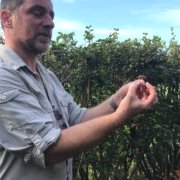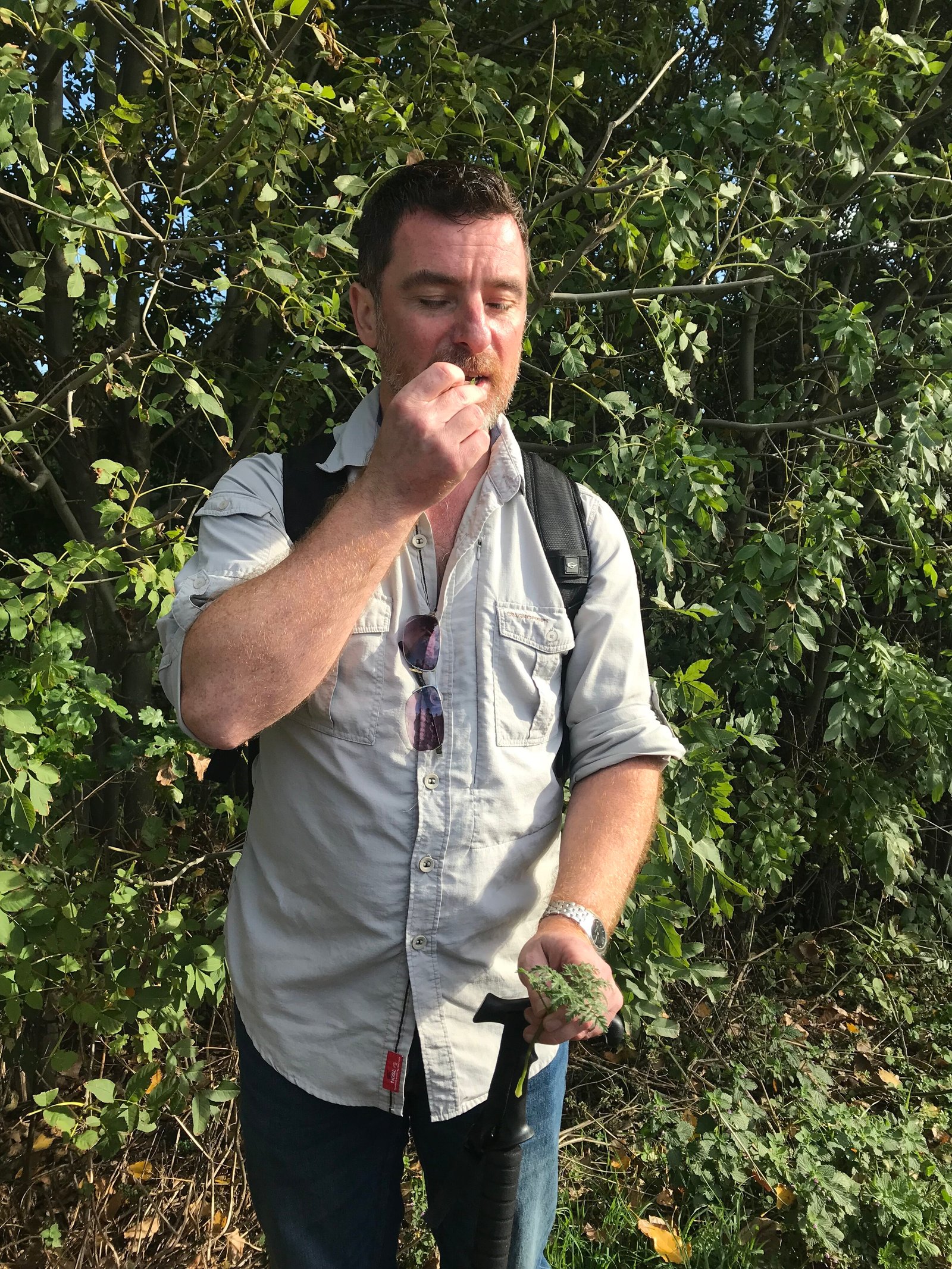Why the Press Gets Foraging Wrong (Again): A Forager’s Perspective
Every year, as the berries ripen and mushrooms emerge, a familiar media narrative resurfaces: “Middle-class foragers are desecrating the countryside.” This year’s headlines blame influencers like myself for supposedly encouraging a wave of reckless, environmentally damaging, and even dangerous foraging. Let’s set the record straight.
1. The Real Foraging Community: Not a Mob, but a Movement
The vast majority of foragers are passionate about nature, not pillagers of it. We operate under clear codes of conduct, like the Association of Foragers’ guidelines, that prioritise sustainability, respect for wildlife, and ethical harvesting. The “30% rule” (never take more than a third, and only take what you need) is standard in every course I run. Not only do we teach it, but we also practice it.
2. Education Reduces Harm, Not the Opposite
The press claims that social media and influencers make foraging “look easy,” putting people and the environment at risk. In reality, responsible educators provide critical safety information, teach plant identification, and actively warn against over-harvesting and trespass. Most issues arise when people ignore advice, not because they’ve learned from experts.
3. Over-Harvesting: Myth vs. Reality
There’s no evidence that foraging, as currently practiced in the UK, is causing widespread ecological harm. The real threats to wild spaces are habitat loss, pollution, and industrial agriculture. Foraging, when done responsibly, fosters a deeper connection with nature and actually creates more advocates for conservation. If everyone I’ve ever taught or influenced was to start foraging responsibly, then there still wouldn’t be a problem. And much though I hate to admit it, I’d be amazed if as many as 5% of the people I’ve ever taught have continued foraging afterwards.
4. Safety: Personal Responsibility and Community Support
Yes, some people get sick from eating wild mushrooms. But almost every case involves ignoring basic safety rules: “If in doubt, leave it out.” Official courses, like mine, emphasise caution, proper ID, and never eating anything unless 100% certain. We don’t glamorise risk, we teach respect for it.
5. Wildlife Needs Protection And Foragers Know It
Responsible foragers are often the first to notice changes in plant populations or local ecosystems. We share sightings, report problems, and advocate for sustainable practices. The idea that we’re stripping food from wildlife is not only false, it’s deeply unfair to those who spend time teaching others to forage with care.
6. Influencers: Educators, Not Scapegoats
Labelling all foraging educators as reckless is lazy journalism. Many of us have decades of experience, formal qualifications, and a track record of teaching ethical, sustainable foraging. Our goal is to empower people to enjoy the outdoors responsibly, not to “glamourise” unsustainable practices.

Forager teaching the finer points of mushroom identification
Conclusion: Let’s Have an Honest Conversation
Foraging is not a fad; it’s a tradition rooted in respect for the land. Instead of scapegoating those who teach and practice it responsibly, let’s focus on education, stewardship, and evidence-based discussion. The countryside deserves better than clickbait headlines.
Our own FAQs skim over what’s what, but maybe it’s time for a deeper dive.
Coming soon: Let’s take a look at the law governing foraging in the UK…



Leave a Reply
Want to join the discussion?Feel free to contribute!